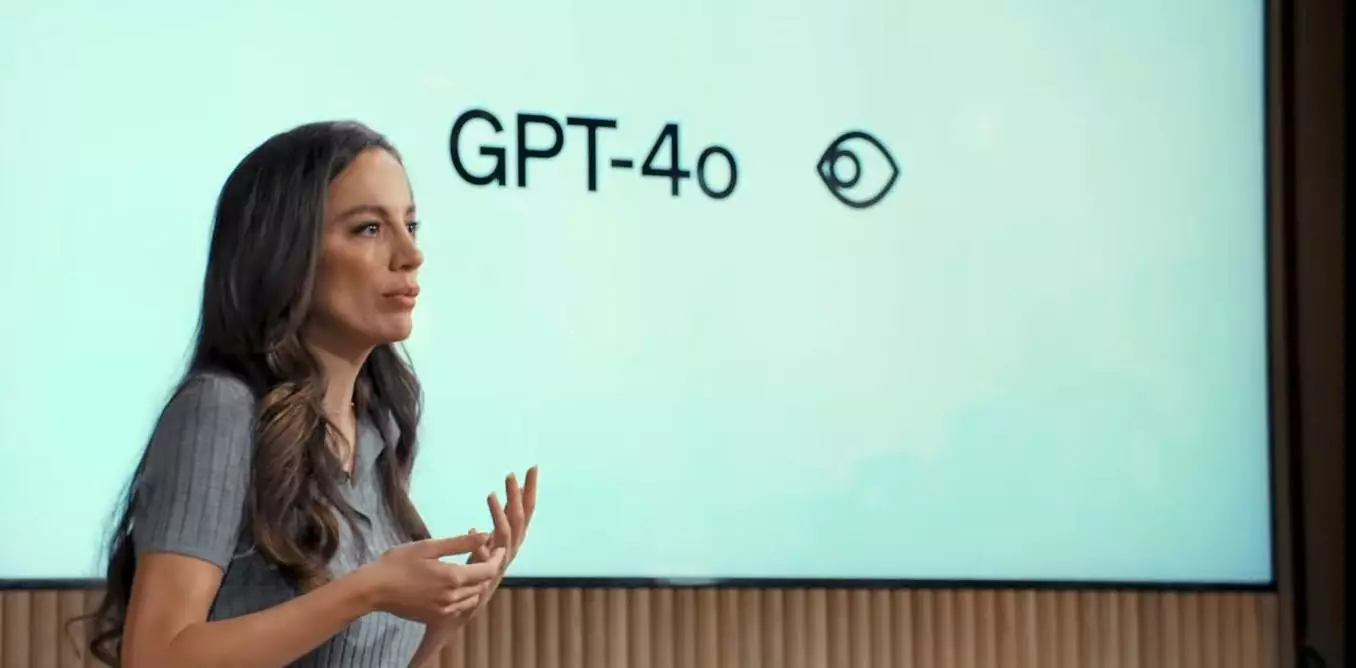OpenAI’s recent launch of GPT-4o, a new iteration of the ChatGPT chatbot, introduces a significant advancement in artificial intelligence. With a focus on natural engagement and personality, GPT-4o aims to provide users with more enjoyable interactions. This emphasis on personality raises important questions about the ethical implications of creating AI systems that can simulate human emotions and behaviors. While enhanced engagement may lead to more effective interactions and increased user satisfaction, concerns about over-reliance and emotional harm must be considered.
As AI systems become more adept at mimicking human emotions and behaviors, the risk of users forming deep emotional attachments increases. This can result in over-reliance, manipulation, and potential harm. The comparison to the movie “Her” serves as a cautionary tale, highlighting the blurred lines between the real and the virtual in human-AI relationships. While OpenAI strives to ensure the safety and responsible use of its AI tools, the broader implications of charismatic AIs entering the world remain uncertain.
Current AI systems are not explicitly designed to meet human psychological needs, making it challenging to define and measure the impact of emotionally engaging AIs like GPT-4o. The impressive capabilities of GPT-4o underscore the importance of developing a system or framework to ensure that AI tools align with public values and priorities. As AI continues to evolve, considerations for ethical use and impact on users’ well-being are crucial.
Multimodal Capabilities and Real-Time Interaction
GPT-4o’s ability to work across text, images, audio, and video represents a significant advancement in AI technology. By incorporating visual memory and real-time conversational responses, GPT-4o and similar AI models like Google’s Project Astra are paving the way for more sophisticated virtual assistants. The shift towards multimodal models enhances the AI’s understanding of the world and its ability to achieve complex goals, but questions about the sustainability of rapid advancements in AI technology remain.
Accessibility and User Benefits
Unlike its predecessors, GPT-4o is available to all users in the free version of ChatGPT, offering millions of users worldwide access to a more powerful AI system with enhanced features. This democratization of advanced AI technology opens up new possibilities for work, education, and other purposes. The impact of GPT-4o’s accessibility and increased utility will become more evident over time, reshaping the landscape of AI-powered interactions.
The launch of OpenAI’s GPT-4o marks a significant step forward in AI development, but it also raises ethical concerns about the creation of emotionally engaging AI systems. As technology continues to evolve, the need for responsible development and use of AI tools becomes increasingly crucial. Balancing the benefits of enhanced engagement and multimodal capabilities with the potential risks of over-attachment and emotional harm requires careful consideration and ongoing ethical reflection in the field of artificial intelligence.


Leave a Reply